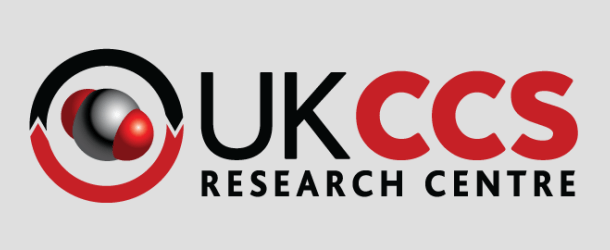Quantum Technology Hub Researchers Awarded Funding for Carbon Capture & Storage (CCS) Monitoring research

(TheQuantumHubs) Researchers at the Quantum Technology Hub have been awarded £29,000 from the UK Carbon Capture and Storage Research Centre (UKCCSRC) to further research into how quantum gravity sensors can contribute to detecting and monitoring the fate of CO2 injected into the subsurface – a vital capability for validating the safety of CCS applications.
The project, which will formally begin at the start of August and conclude after three months, will investigate how an existing portable cold atom gravity gradiometer could be used to monitor a planned injection of CO2 at the GeoEnergy Test Bed (GTB) a multi-sensor technology platform for CO2 monitoring research. It is planned that approximately five tonnes of CO2 will be injected into the Arden Sandstone Formation at a depth of 10-12 m below ground level over a period of weeks. The aim is to investigate how the CO2 will migrate towards the surface of the formation (which comprises layers of sandstone, siltstone and mudstone) and test technologies, including quantum gravity sensors, to detect and monitor this.
The project will be led by researchers at University of Birmingham (UoB) and British Geological Survey (BGS), and aims to build upon research undertaken in previous projects (see Gravity Pioneer Innovate UK: 104613). Both partners are uniquely suited to this project: UoB have built the UK’s first and only portable cold atom gravity gradiometer (as part of a Dstl-funded project titled Gravity Imager). BGS and the University of Nottingham founded the GTB and will work together to conduct the CO2 injection experiment. BGS will generate complementary sensor data, geophysical images, and ground models which will be made available to the project.



















